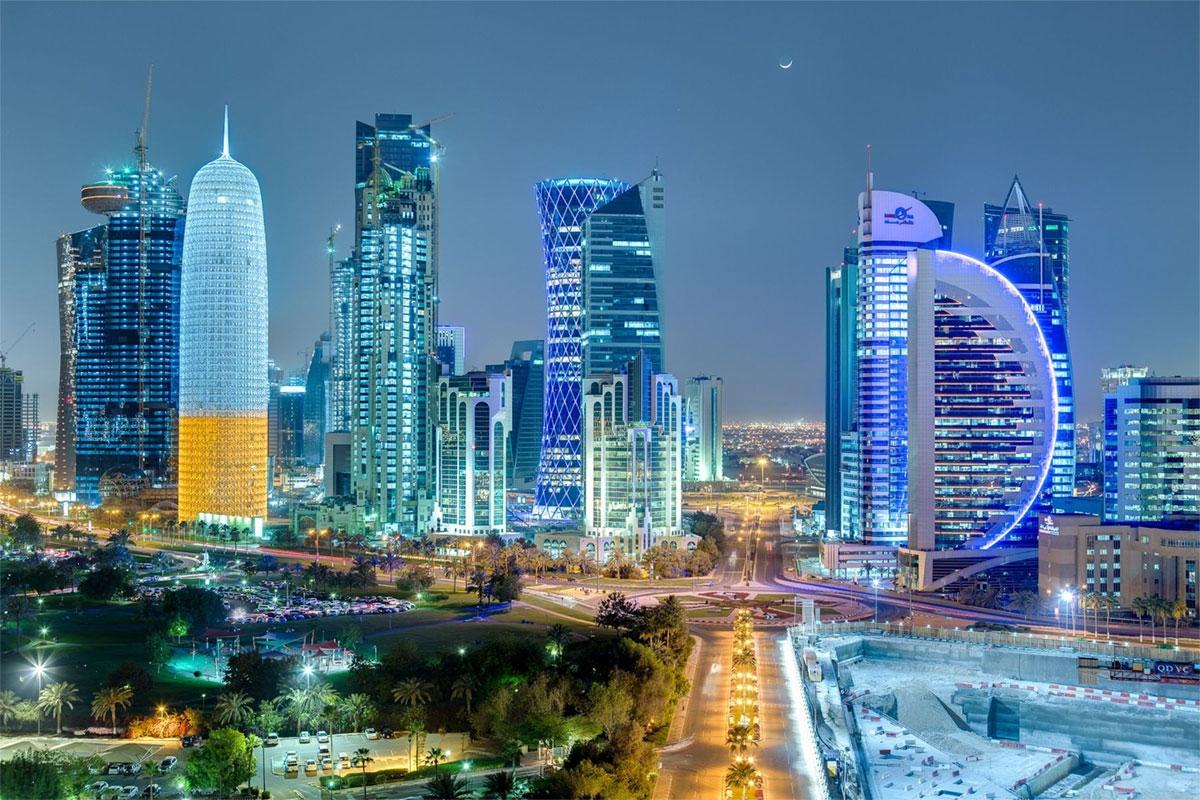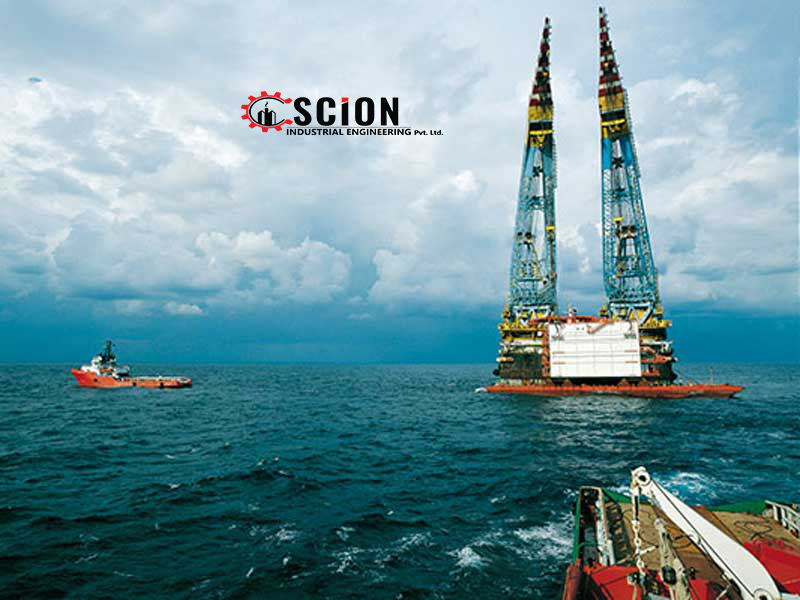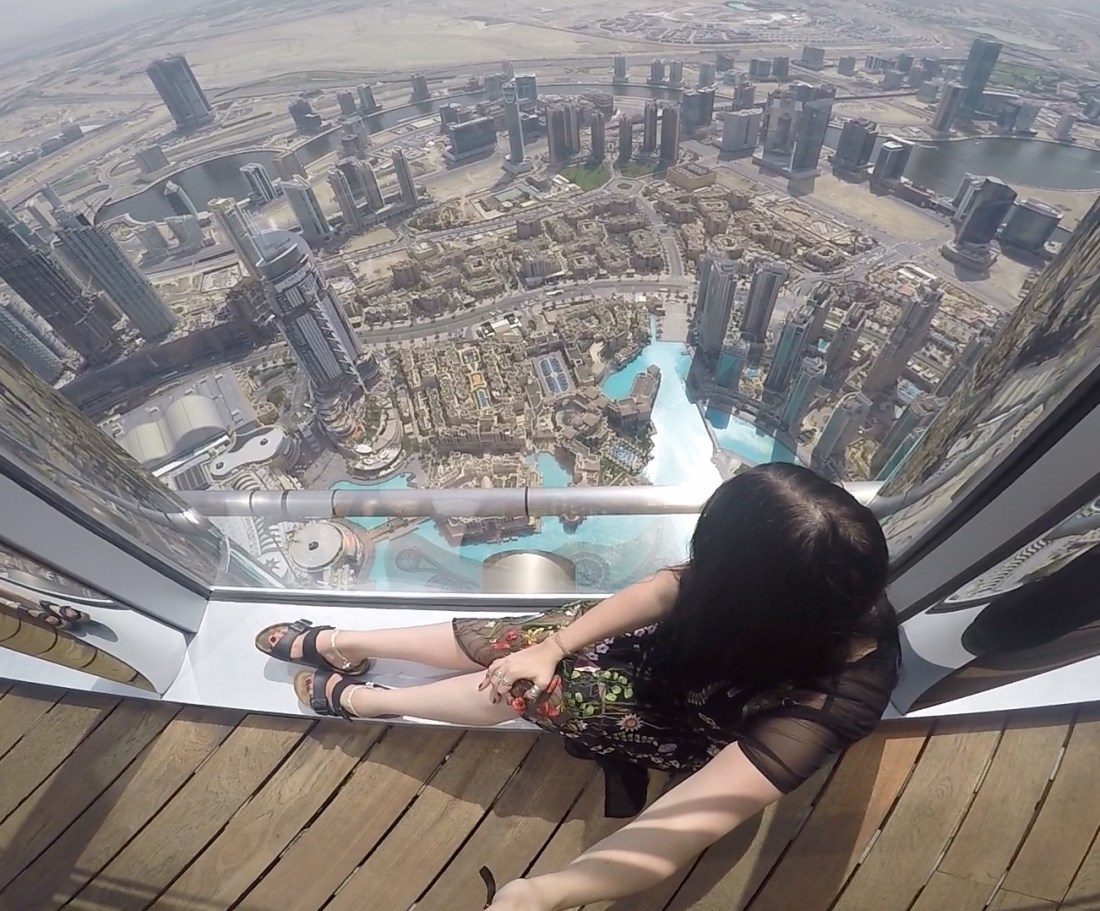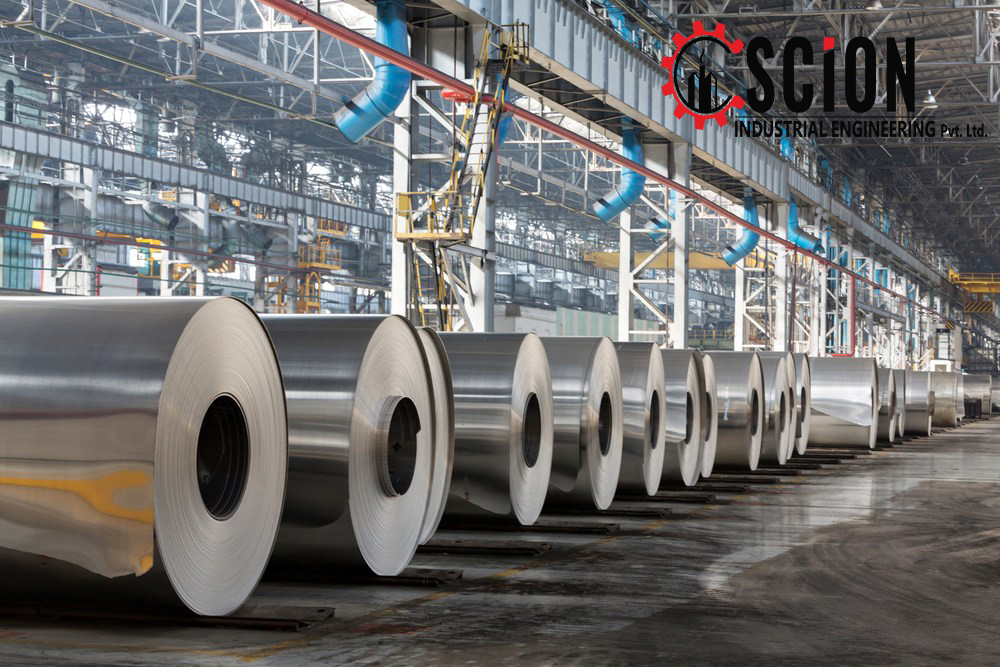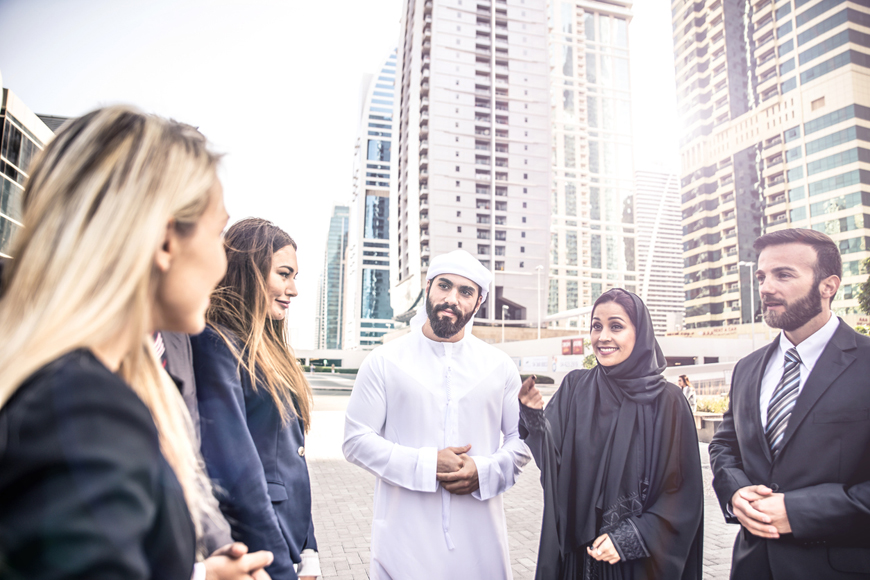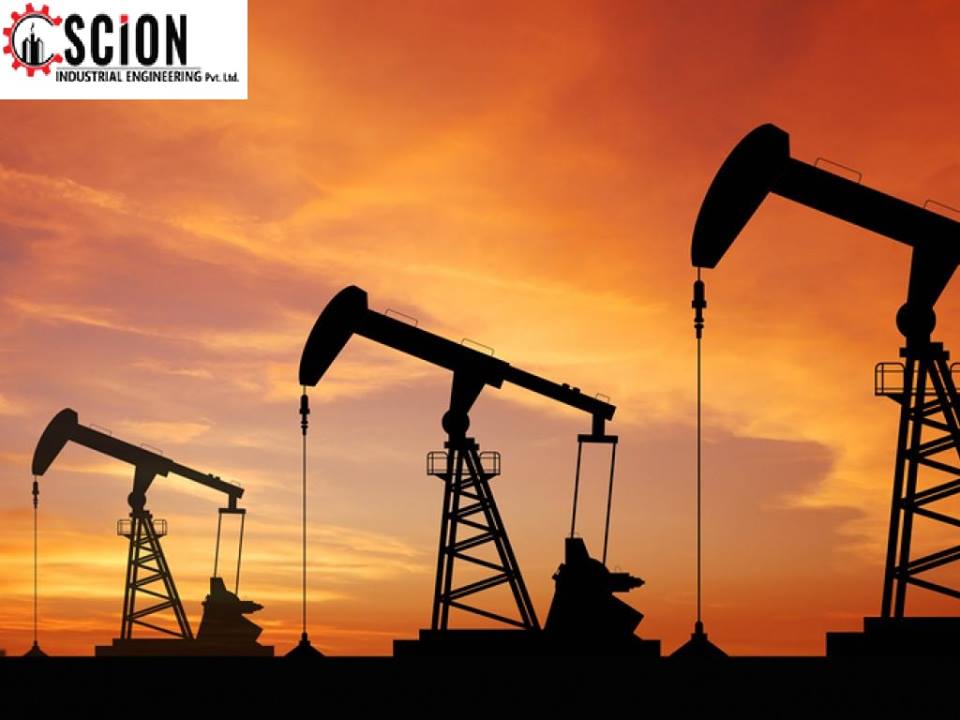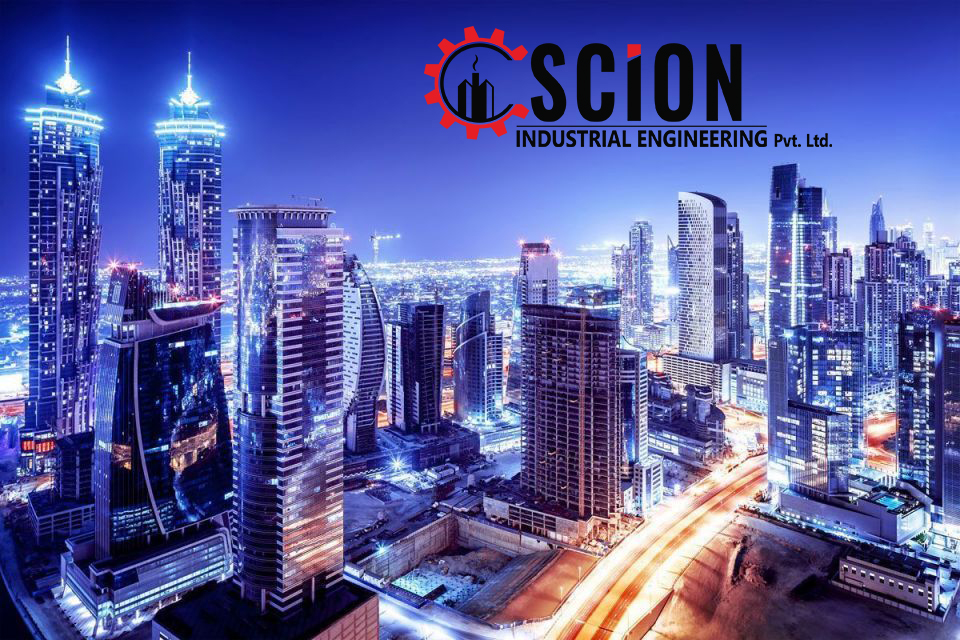The industrial sector in Lebanon, despite the falling national economy, continues to solider on in order to revive the market and create new business opportunities especially with the increasing demands for Lebanese products.
The sector was one of the few offering hard foreign currency in Lebanon, which is still suffering from the decrease in the value of the national currency in times when the US Dollar was in high demand.
Speaking to KUNA on the issue, Lebanon’s Industry Minister George Boujikian stressed that the steadfastness of the industrial sector was one of the main factors in helping the national economy to “stay afloat”.
The sector is witnessing increasing investments, issuing of permits, and market expansion, which led to the exporting of products to some 110 countries worldwide, added the minister.
The Lebanese industry includes 21 sectors with the manufacturing of food products and furniture leading the way, he revealed.
Boujikian stressed the importance of keeping Lebanese products up to standards to succeed both locally and internationally.
On the Ministry’s plans, the minister indicated that there was a focus on developing three sectors namely the use of Artificial Intelligence, recycling, and cinema production.
Similarly, Vice President of the Association of Lebanese Industrialists Ziad Bekdache affirmed that the era of the Lebanese industrial sector had arrived; revealing that numbers currently exceeded those in 2019 prior to the Lebanese economic crisis.
Locally produced products now were rivaling those products abroad, he claimed, pointing out that factories had increased by 20 to 25 percent with clothing and an assortment of other products exported.
Bekdache said that the prices of locally made products and export ones varied between 30 to 60 percent, noting that due to the high quality of Lebanese products, local consumption had jumped by 60 percent.
The Lebanese Industry exported $4 billion worth of products and produced around $10 million worth of commodities for the local market.
Providing further input, Dr. Marwan Barakat, assistant general manager at Bank Audi, said that the decrease in value for the national currency contributed to the lowering of manufacturing costs especially for industrial and agricultural exports.
Increasing the customs dollar at a rate of Lebanese Pound 15,000 per US dollar had protected the Lebanese industry and encouraged competitiveness against foreign products, he said.
Source:https://saudigazette.com.sa/article/629422/World/Mena/Officials-Lebanons-industry-carries-falling-national-economy-on-its-shoulders


